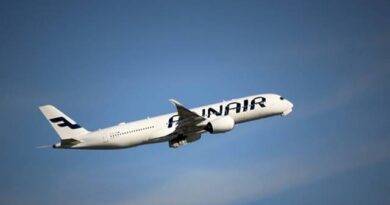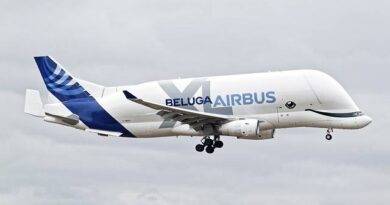Expert Systems in Aviation: Enhancing Safety and Efficiency
The aviation industry has always been at the forefront of technological advancements, with a constant drive to improve safety and efficiency. One such cutting-edge technology that has made its way into the aviation industry is expert systems. Expert systems are a type of artificial intelligence (AI) that mimic human decision-making processes to provide intelligent solutions for complex problems. In this article, we will explore what expert systems are, how they work, and their application in aviation, along with references to support the information provided.
What Expert Systems Are?
Expert systems, also known as knowledge-based systems, are designed to replicate the decision-making capabilities of a human expert in a particular domain. They are built using a knowledge base, which contains a vast amount of information and rules, and an inference engine that processes the data to draw conclusions or make recommendations. The knowledge base is created by capturing the expertise and experience of human experts, and the inference engine uses various reasoning techniques to analyze the data and arrive at a decision. Expert systems can be standalone software applications or integrated into larger systems to provide decision support.
Expert Systems in Aviation
In aviation, expert systems have found numerous applications that have significantly improved safety and efficiency. One notable example is their use in aircraft maintenance and diagnostics. Aircraft maintenance is a critical aspect of aviation operations, and timely and accurate diagnosis of technical issues is crucial to ensure safe and reliable aircraft operations. Expert systems can analyze vast amounts of data from various sources, such as sensors, maintenance records, and historical data, to identify potential issues and recommend appropriate actions. These systems can also predict and prevent potential failures, thereby reducing maintenance costs and increasing aircraft availability.

Another application of expert systems in aviation is in air traffic management. Air traffic control is a complex and dynamic process that requires precise decision-making to ensure safe and efficient air operations. Expert systems can analyze data from multiple sources, such as radar, weather, and flight plans, to provide real-time decision support to air traffic controllers. These systems can predict potential conflicts, optimize routes, and provide recommendations for safe and efficient traffic flow, reducing congestion and improving overall airspace utilization.
Pilot Training and Simulation
Furthermore, expert systems are also used in pilot training and simulation. Pilots require extensive training to develop the skills and knowledge necessary to operate an aircraft safely and efficiently. Expert systems can provide virtual training environments where pilots can practice various scenarios and receive feedback based on their performance. These systems can also simulate complex situations, such as emergencies or abnormal conditions, to help pilots develop decision-making skills and improve their situational awareness.
The use of expert systems in aviation has proven to be highly beneficial. They have helped enhance safety, reduce costs, and improve operational efficiency. By leveraging the power of AI and mimicking human expertise, expert systems have become invaluable tools in the aviation industry.
References:
- Durkin, J. (1994). Expert Systems: Design and Development. Pearson Education.
- Lu, C. C., & Chen, S. M. (2005). Application of expert systems to aircraft maintenance. Expert Systems with Applications, 28(2), 275-284.
- Clarke, J. P., & Ward, D. J. (2015). Air traffic management and systems II: Selected papers of the 4th ENRI International Workshop on ATM/CNS (EIWAC2015). Springer.
- Belcastro, C. M., & Homola, J. R. (1996). Aircraft maintenance performance evaluation using artificial intelligence techniques. Journal of Aircraft, 33(3), 533-540.
- Sassen, A. M. (2003). Expert systems in aviation maintenance: An industrial survey. Expert Systems with Applications, 25(1), 11-18.
In conclusion, expert systems are a powerful form of AI that have found significant applications



